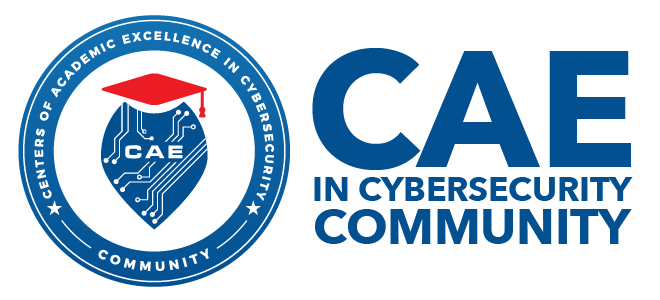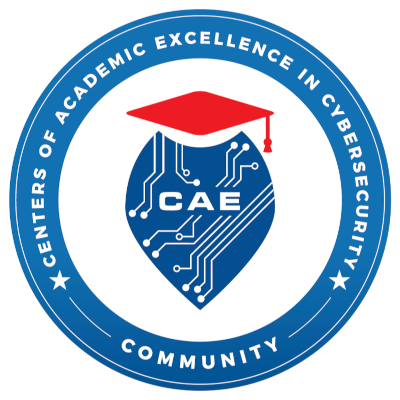Increasing Data Privacy and Protection in a Local Medical Clinic by Hardening Network Security
Large and small medical clinics have a unique responsibility of maintaining patient confidentiality since they collect a large amount of Personable Identifiable Information (PII) and Electronic Protected Health Information (ePHI) (Metzger, 2016). According to the Department of Homeland Security (DHS), PII is any information that can be used to reveal the identity of an individual, regardless of their citizenship status in the United States (U.S.)(DHS, 2021). Sensitive PII consists of personal information such as social security numbers, medical records, criminal records, and biometrics.

